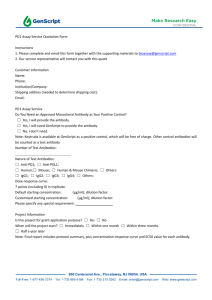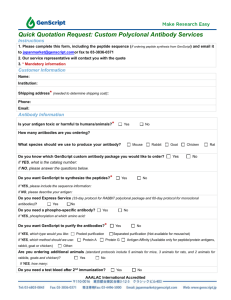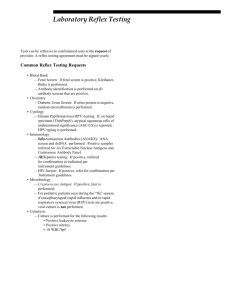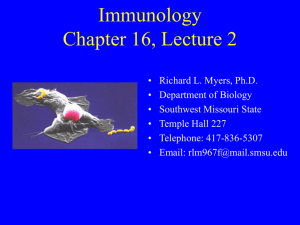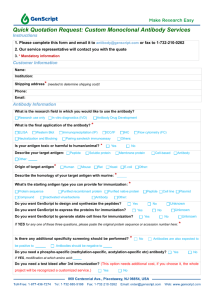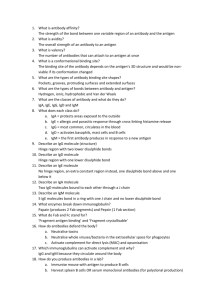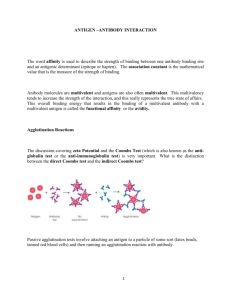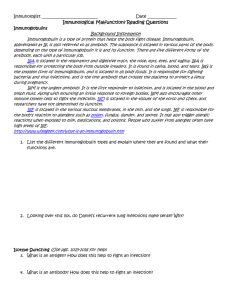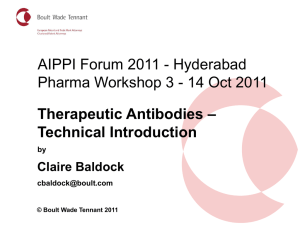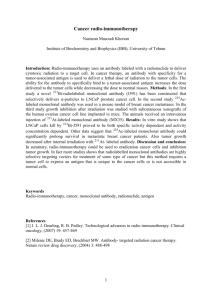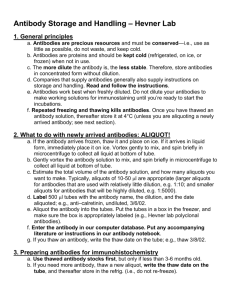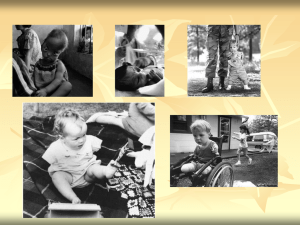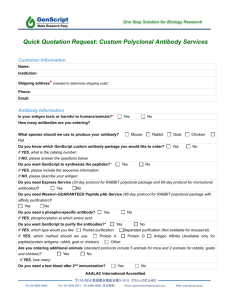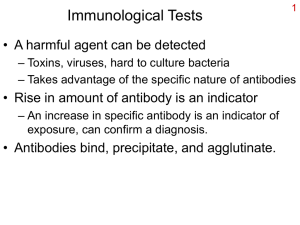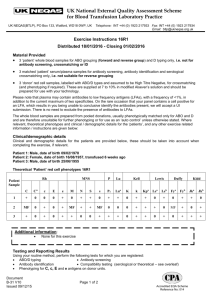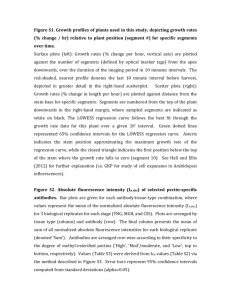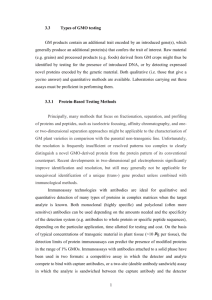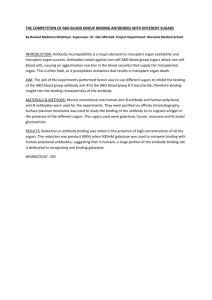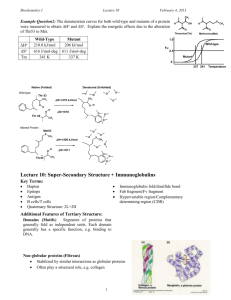Red blood cell antibodies
advertisement
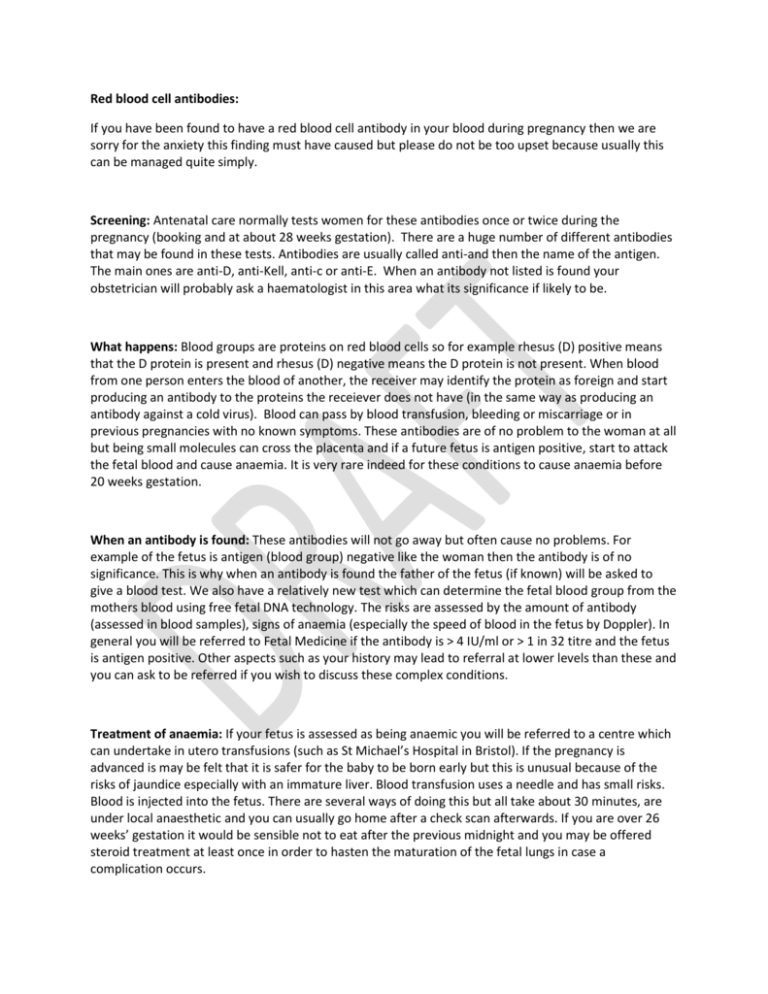
Red blood cell antibodies: If you have been found to have a red blood cell antibody in your blood during pregnancy then we are sorry for the anxiety this finding must have caused but please do not be too upset because usually this can be managed quite simply. Screening: Antenatal care normally tests women for these antibodies once or twice during the pregnancy (booking and at about 28 weeks gestation). There are a huge number of different antibodies that may be found in these tests. Antibodies are usually called anti-and then the name of the antigen. The main ones are anti-D, anti-Kell, anti-c or anti-E. When an antibody not listed is found your obstetrician will probably ask a haematologist in this area what its significance if likely to be. What happens: Blood groups are proteins on red blood cells so for example rhesus (D) positive means that the D protein is present and rhesus (D) negative means the D protein is not present. When blood from one person enters the blood of another, the receiver may identify the protein as foreign and start producing an antibody to the proteins the receiever does not have (in the same way as producing an antibody against a cold virus). Blood can pass by blood transfusion, bleeding or miscarriage or in previous pregnancies with no known symptoms. These antibodies are of no problem to the woman at all but being small molecules can cross the placenta and if a future fetus is antigen positive, start to attack the fetal blood and cause anaemia. It is very rare indeed for these conditions to cause anaemia before 20 weeks gestation. When an antibody is found: These antibodies will not go away but often cause no problems. For example of the fetus is antigen (blood group) negative like the woman then the antibody is of no significance. This is why when an antibody is found the father of the fetus (if known) will be asked to give a blood test. We also have a relatively new test which can determine the fetal blood group from the mothers blood using free fetal DNA technology. The risks are assessed by the amount of antibody (assessed in blood samples), signs of anaemia (especially the speed of blood in the fetus by Doppler). In general you will be referred to Fetal Medicine if the antibody is > 4 IU/ml or > 1 in 32 titre and the fetus is antigen positive. Other aspects such as your history may lead to referral at lower levels than these and you can ask to be referred if you wish to discuss these complex conditions. Treatment of anaemia: If your fetus is assessed as being anaemic you will be referred to a centre which can undertake in utero transfusions (such as St Michael’s Hospital in Bristol). If the pregnancy is advanced is may be felt that it is safer for the baby to be born early but this is unusual because of the risks of jaundice especially with an immature liver. Blood transfusion uses a needle and has small risks. Blood is injected into the fetus. There are several ways of doing this but all take about 30 minutes, are under local anaesthetic and you can usually go home after a check scan afterwards. If you are over 26 weeks’ gestation it would be sensible not to eat after the previous midnight and you may be offered steroid treatment at least once in order to hasten the maturation of the fetal lungs in case a complication occurs.
